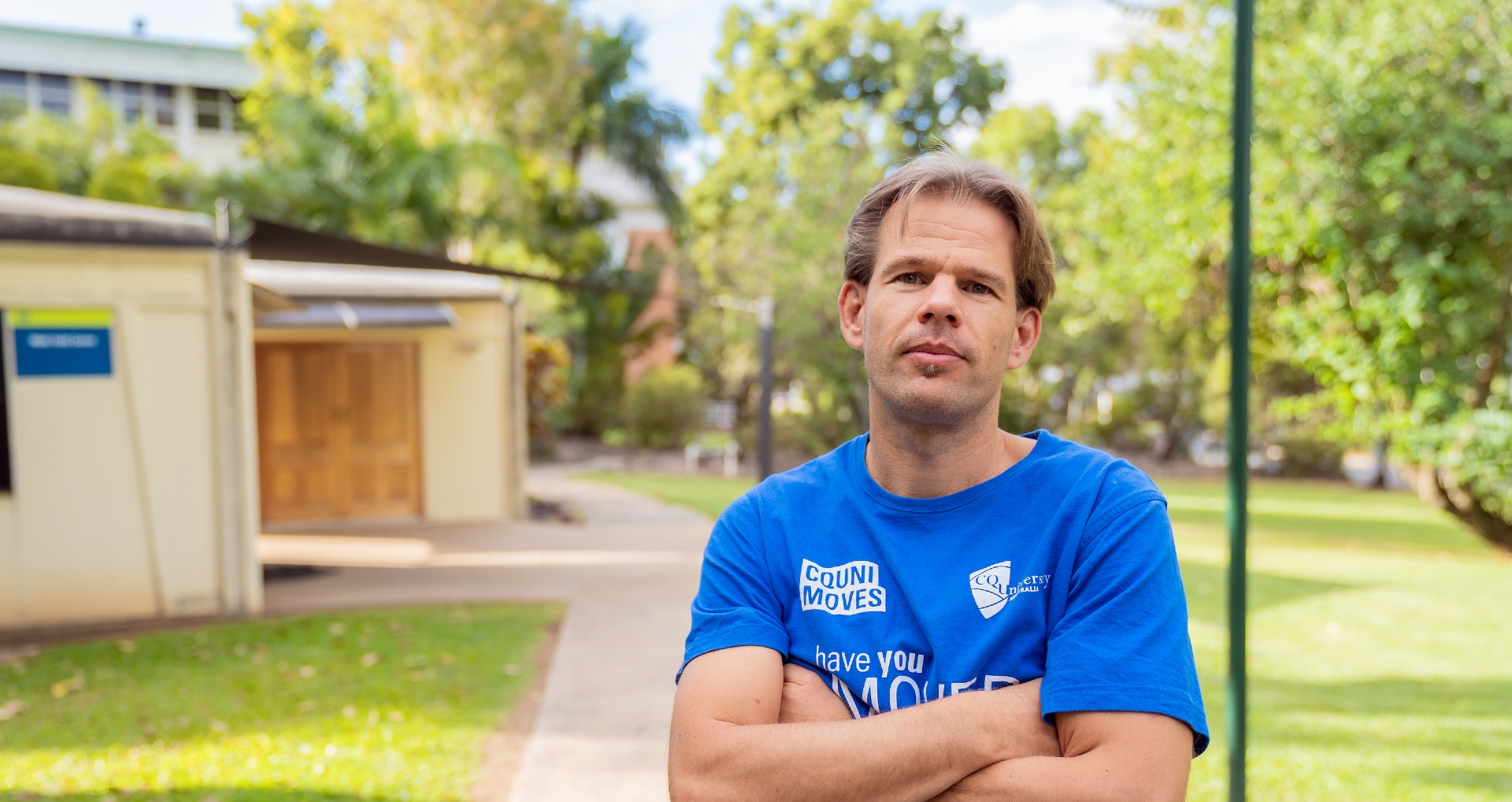
Professor Corneel Vandelanotte
Developing an innovative chatbot-delivered physical activity intervention
Professor Corneel Vandelanotte, Central Queensland University
2021 Vanguard Grant
Years funded: 2022-2023
Physical inactivity is a well-established risk factor for cardiovascular disease (CVD). As less than half of Australians are meeting physical activity recommendations, cost-effective population-based strategies to increase physical activity are needed. Increasing physical activity at scale is difficult, though applying Machine Learning (ML) offers innovative options for progress.
ML-based chatbots that apply natural language processing, reinforcement learning and integrate real-time external data (e.g., activity tracker, GPS) can provide highly personalised physical activity counselling. Professor Corneel Vandelanotte's early evidence suggests chatbot interventions are feasible and effective, but no comprehensive ML-based physical activity chatbots have been developed.
Professor Vandelanotte's study will develop (including formative research and ML-algorithm training) and evaluate (i.e., preliminary efficacy in a 2-group RCT) an innovative physical activity chatbot.
The project will lead to an important knowledge gain on ML-based behaviour change interventions to prevent CVD.
Last updated12 January 2024